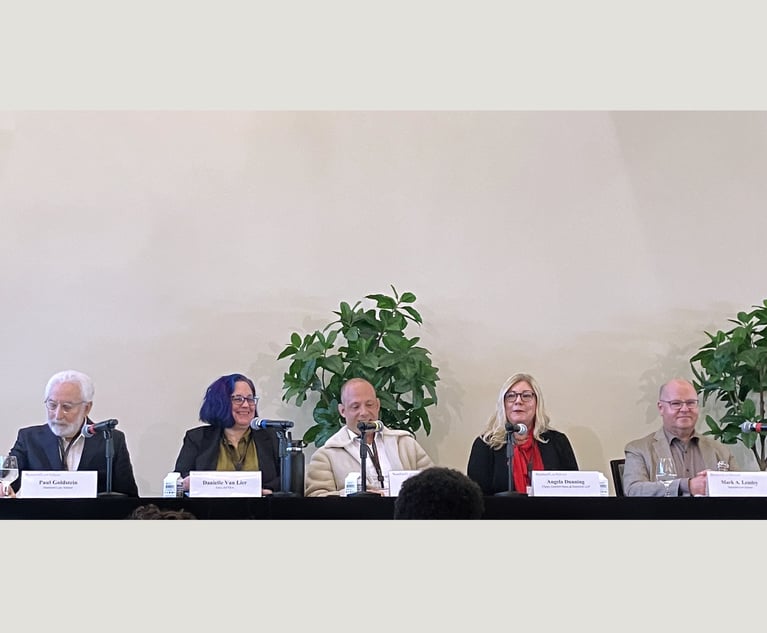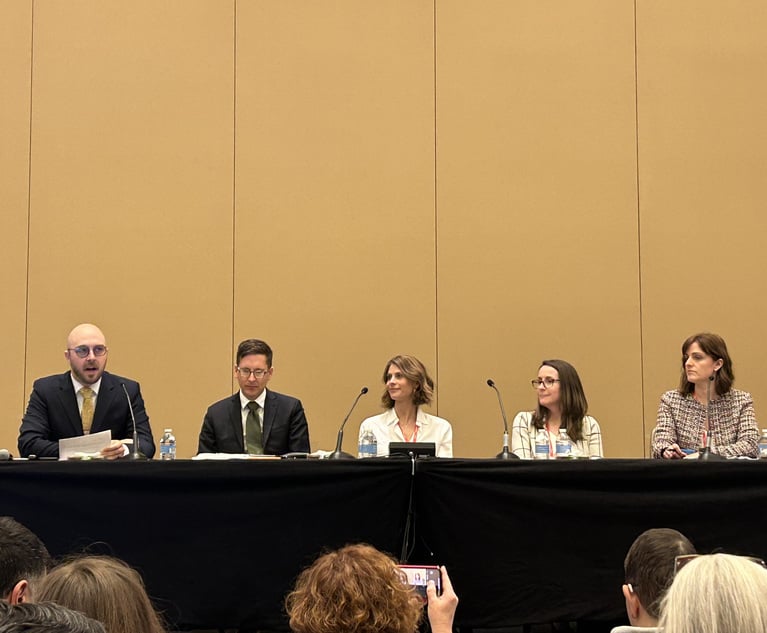If you ventured down the rabbit hole of Cyber Monday sales earlier this week, chances are you were too busy keeping an eagle-eye out for free shipping or great deals to notice any text that might have flashed across the screen concerning the use your personal data.
Bargain-induced blindness is not an unheard of phenomenon—but placing too much faith in the average person’s engagement, understanding or even awareness of opting in or out of certain data handling processes could be knocking the balance between consumer and business interests somewhat off kilter.








